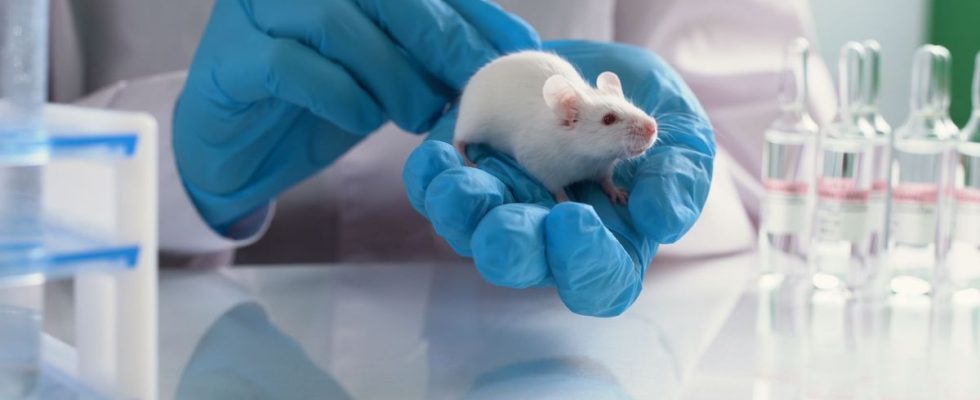Published on
Updated
Reading 2 mins.
in collaboration with
Dr Christophe de Jaeger (Longevity and geriatrics)
According to the results of an American study, a reduced oxygen supply is associated with a longer lifespan in mice. How to explain this phenomenon ? The point of view of Dr Christophe de Jaeger, physiologist and member of the Doctissimo expert committee.
The effects of oxygen restriction, also called hypoxia, on mice have been studied by American scientists. Dr. Robert Rogers of Massachusetts General Hospital in Boston, USA, and his colleagues conducted laboratory experiments with an animal model (mice bred to age faster than other mice while showing classic signs of aging mammals throughout their bodies).
Two groups of mice studied under different conditions
To extend healthy lifespan, a number of chemical compounds and other interventions have shown promise in mammals, such as the drug metformin or dietary restriction. Oxygen restriction has also been linked to longer lifespan in yeasts, nematodes and fruit flies. However, its effects in mammals are unknown.
To test this, the researchers chose a particular species of mice engineered to age prematurely. The rodents were split into two groups, one living at normal atmospheric oxygen levels (about 21% oxygen in the air) and the other moved – at four weeks old – to a living environment. with a lower proportion of oxygen, at 11%, an oxygen level similar to what exists at 5000 meters altitude.
Mice with longer lifespans
Results: Scientists found that mice in the oxygen-restricted environment lived about 50% longer than mice in normal oxygen levels, with a median lifespan of 23.6 weeks versus 15.7 weeks. The oxygen-restricted mice also exhibited a delayed onset of neurological deficits associated with aging.
This is the first time scientists have shown that reduced oxygen intake is associated with longer lifespan in laboratory mice, highlighting its anti-aging potential. “We find that continuous chronic hypoxia prolongs lifespan by 50% and delays the onset of neurological debility in a mouse model of aging. This is the first time that ‘oxygen restriction’ has been shown to be beneficial in a mammalian model of aging“explains Professor Rogers.
The point of view of Christophe de Jaeger, physiologist and member of the Doctissimo expert committee
“The scientists who carried out this study observed an increase in the longevity of this particular species of mouse, without a concrete explanation. They believe that the mechanism involved is a slowing down of cell division or a reduction in oxidative stress. What we know in humans is that air low in oxygen makes oxidative metabolism more efficient with an increase in the number of red blood cells to maintain the oxygen level in the body. great energy in these athletes but difficult to translate this effect into a renewed longevity”
